-
Taupō District Council: Mangakino-Pouākani Representative Group
The Mangakino-Pouākani Representative Group represents and acts as an advocate for the interests of the Mangakino-Pouākani area.
-
Whanganui Town Centre Rejuvenation Committee
The Making Whanganui Visible Regeneration Strategy sets out a vision for the town centre.
-
Selwyn District Council and Te Taumutu Rūnanga relationship agreement
Council and Te Taumutu Rūnanga signed a relationship agreement establishing mana whenua representation on all council committees.
-
Kāpiti Coast District Council mana whenua representation
Council has provided for iwi representation within the Council’s governance structure.
-
Greater Manchester Social Value Procurement Framework
Manchester City Council has undertaken a wide range of social procurement initiatives.
-
Wellington City Council procurement approach to delivering positive impact
In 2021, Wellington City Council voted to adopt a new procurement strategy.
-
Hawke's Bay Regional Council progressive procurement
In 2020, the Hawke's Bay Regional Council introduced a progressive procurement strategy.
-
Protecting Wellington’s waterways: Whaitua Committees
Whaitua committees are tasked with recommending ways to maintain and improve the quality of Wellington's fresh water.
-
CoastSnap: Hurunui District Council
CoastSnap is a community science monitoring project being delivered by Hurunui District Council.
-
Citizen water quality monitoring in Britain
Over 2,500 volunteers from around Britain measured their local water quality as part of the ‘Great UK WaterBlitz’.
-
Hastings Rural Community Board
The Hastings Rural Community Board is an important governance body within the Hastings District Council.
-
Paekākāriki Community Board
The Paekākāriki Community Board was praised for the role it plays as a vehicle for community voice and locally-led development.
-
Greater Wellington Regional Council’s Upper Ruamahanga River Management Advisory
Greater Wellington Regional Council operates a number of advisory committees.
-
Waikato Regional Council: Advisory Committee for the Regional Environment
The Advisory Committee for the Regional Environment is the longest-serving advisory committee to the Waikato Regional Council.
-
Wellington City Council advisory groups
Wellington City Council operates five advisory groups.
-
Kāpiti Coast District Council Council Older Person’s Council
The Older Person’s Council is an independent voice for older people in the community.
-
Clutha District Council Youth Council
The Clutha Youth Council is a standing committee of the full Council.
-
Queenstown Lakes Spatial Plan
In developing the Queenstown Lakes Spatial Plan, a district-wide community workshop roadshow was held.
-
Hutt City Views – Te Awa Kairangi ki Tai Lower Hutt Citizens’ Panel
Hutt City Council operates a citizens’ panel to help guide and inform the evolution of Hutt City on a wide variety of topics.
-
Southland District Council’s People’s Panel: Make it Stick!
Southland District Council offers a way for residents to have a regular say in topics that affect them.
-
Koi Tū and Watercare Citizens’ Assembly
Koi Tūwere awarded a grant to develop and test an Aotearoa New Zealand deliberative democratic model.
-
Dublin Citizens’ Assembly
The Dublin Citizens’ Assembly looked at the type of directly-elected mayor and local government structures best suited for Dublin.
-
Edmonton Citizens’ Jury on internet voting, Canada
A citizens' jury process was used in 2012 by the Centre for Public Involvement at the University of Alberta.
-
Bike Taupō: building and maintaining cycling tracks
Taupō District Council works alongside Sport Waikato, Bike Taupō, and cycling clubs to promote and encourage cycling.
-
Tūwharetoa Māori Trust Board responsible for water monitoring functions
Waikato Regional Council transferred a number of its water quality monitoring functions to the Tūwharetoa Māori Trust Board.
-
Catchment community groups, Marlborough District Council and Greater Wellington
The Marlborough District Council launched the Catchment Care Programme in 2020.
-
Community buy-backs – the English approach
Over a decade ago the British parliament passed a law that enabled communities in England to buy back underused public assets.
-
The Bay of Plenty Regional Council’s School Sustainability and Resilience Fund
The School Sustainability and Resilience Fund makes small grants to schools across the Bay of Plenty.
-
My Neighbourhood project, Iceland
In the wake of the 2008 financial crisis in Iceland, Icelanders’ political trust was at an all-time low.
-
Christchurch City Council’s ‘What Matters Most?’ input process
Christchurch City Council ran the ‘What Matters Most’ campaign to find out residents’ priorities were.
-
Saint Petersburg, Russia
Saint Petersburg is the second-largest metropolis in Russia. It started using participatory budgeting in 2016.
-
Porto Alegre, Brazil
Participatory budgeting was made famous by the city of Porto Alegre in Brazil.
-
Hastings District Council’s community plans
Hastings District Council describes community planning as “the voice of a community”.
-
Ahu Ake – Waipā Community Spatial Plan
Waipā District Council is engaged in developing a spatial plan for its community.
-
Community planning in Scotland
Community Planning Partnerships is the name given to all the services that come together to take part in community planning.
-
Wellington City Council’s BID programme
Wellington City Council runs a BID programme with around 613 businesses involved in six BIDs.
-
Harlem’s 125th Street BID, New York
The 125th Street BID in Harlem, New York, has a vision to become a multi-dimensional destination.
-
Auckland Council’s BID programme, Hōtaka ā-Rohe Whakapiki Pakihi
Auckland currently has 51 BIDs, representing over 25,000 business and property owners.
-
Manawatū District Council community committees
The Manawatū District Council’s community committee structure has been in place since 1990.
-
The Portland model of neighbourhood associations
Portland is home to 95 formally recognised, independent neighbourhood associations, covering the entire city.
-
The Taupō District Council and Ngāti Tūrangitukua Mana Whakahono ā Rohe
Taupō District Council and Ngāti Tūrangitukua established an historic agreement in 2022 to jointly govern Tūrangi.
-
The Rangitāiki River Forum
The Rangitāiki River Forum was established in 2012.
-
Te Maru o Kaituna River Authority
Te Maru o Kaituna River Authority is a co-governance partnership, set up by the Tapuika Claims Settlement Act 2014.
-
Salford City Council, United Kingdom
Salford City Council has a policy of involving local people in decisions about the city.
-
Haringey Borough Council, United Kingdom
For a number of years, the London Borough of Haringey has allocated £50,000 to each of its seven neighbourhoods.
-
Bradford City Council, United Kingdom
Bradford has been experimenting with devolving funds to localities since 2005.
-
Waltham Forest Council, United Kingdom
Prior to 2014, day care services for older people in Waltham Forest had largely been commissioned by the council.
-
Sutton Council, United Kingdom
In 2011, Sutton Council embedded a council-wide approach to commissioning for outcomes and to measuring social impact.
-
Western Bay of Plenty PHO
Two general practices in the Bay of Plenty sought to understand the experiences of Māori and Pacific people with diabetes.
-
Greater University Circle initiative in Cleveland, Ohio
Since 2005, anchor institutions in the university district of Ohio worked together to address effects of the city’s economic down.
-
Auckland Council and The Southern Initiative
The Southern Initiative (TSI) is a place-based innovation hub, established by Auckland Council.
-
Office of Community Wealth Building, City of Rochester, New York
The Office of Community Wealth Building in the City of Rochester is an example of a local government acting as a convenor.
-
Collaborative anchor institutions in Preston, Lancashire, United Kingdom
Anchor institutions and local government worked together to leverage their procurement power.
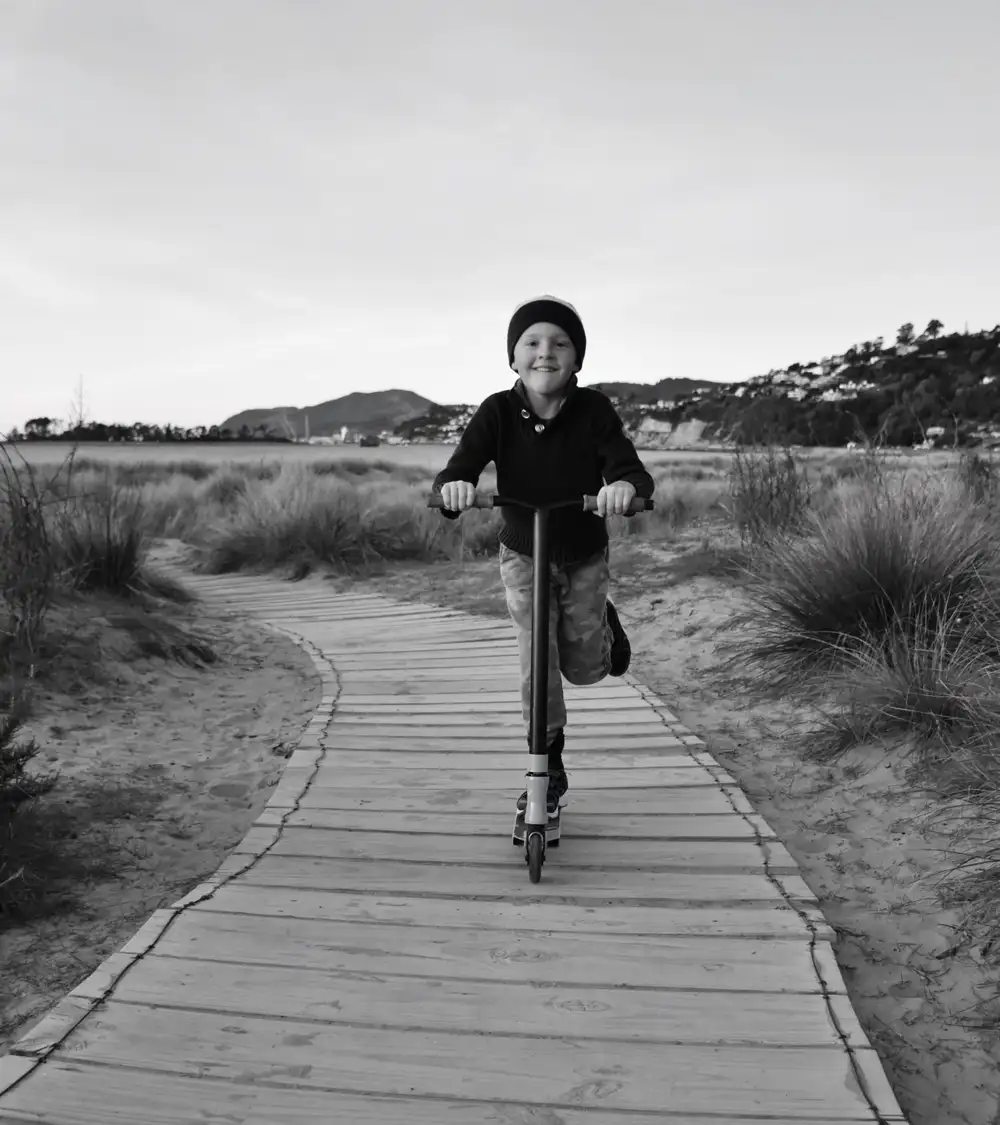
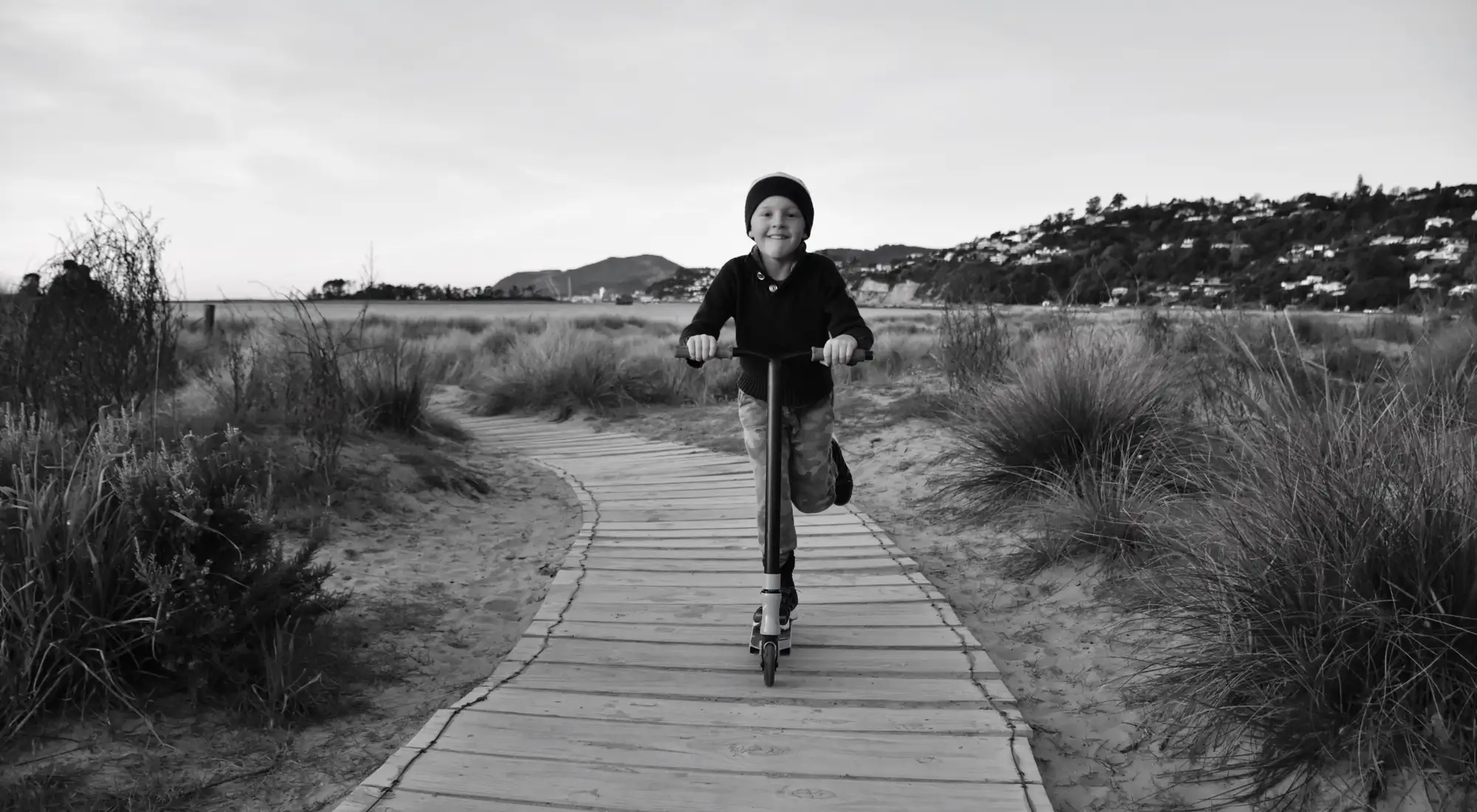
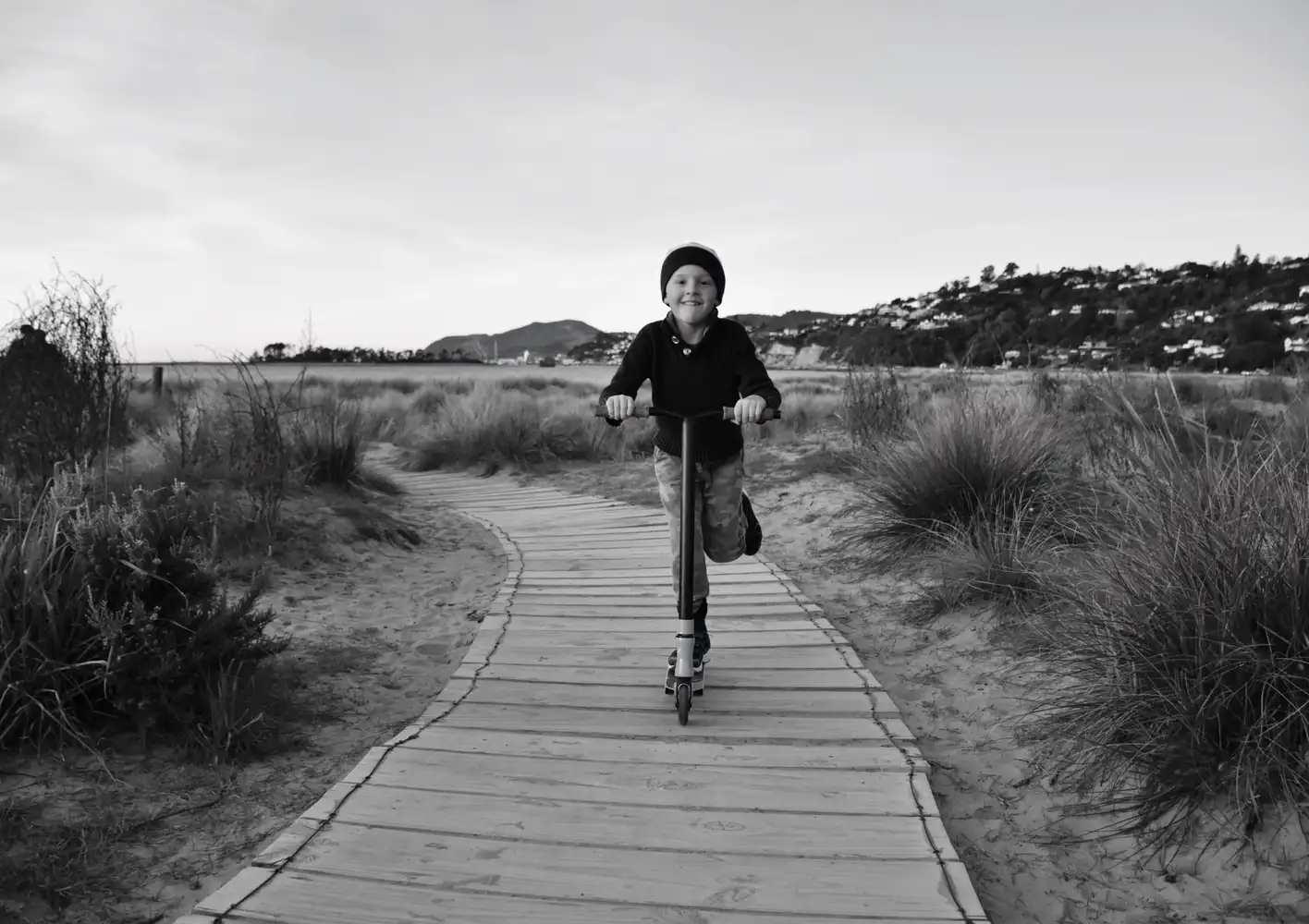
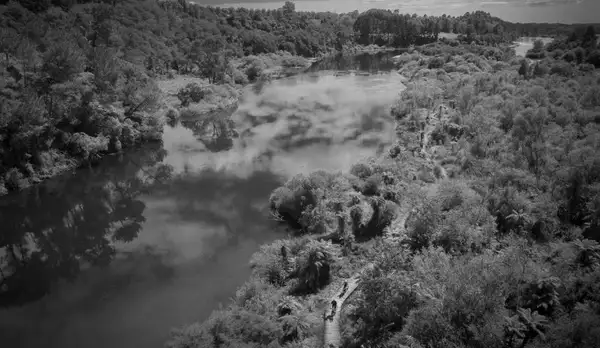 The Mangakino-Pouākani Representative Group represents and acts as an advocate for the interests of the Mangakino-Pouākani area.
The Mangakino-Pouākani Representative Group represents and acts as an advocate for the interests of the Mangakino-Pouākani area.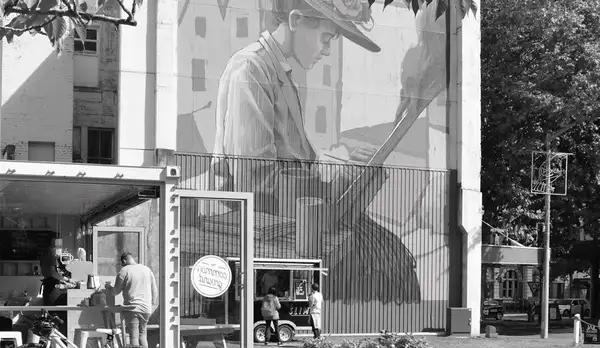 The Making Whanganui Visible Regeneration Strategy sets out a vision for the town centre.
The Making Whanganui Visible Regeneration Strategy sets out a vision for the town centre.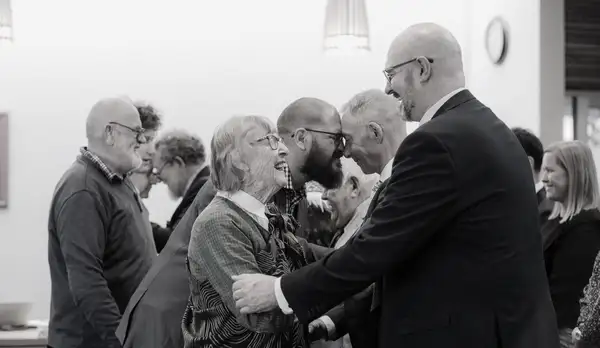 Council and Te Taumutu Rūnanga signed a relationship agreement establishing mana whenua representation on all council committees.
Council and Te Taumutu Rūnanga signed a relationship agreement establishing mana whenua representation on all council committees.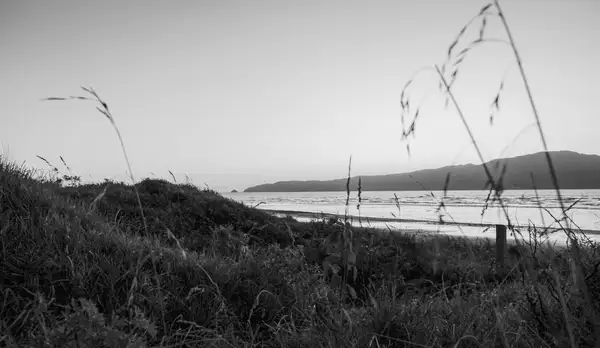 Council has provided for iwi representation within the Council’s governance structure.
Council has provided for iwi representation within the Council’s governance structure. Manchester City Council has undertaken a wide range of social procurement initiatives.
Manchester City Council has undertaken a wide range of social procurement initiatives.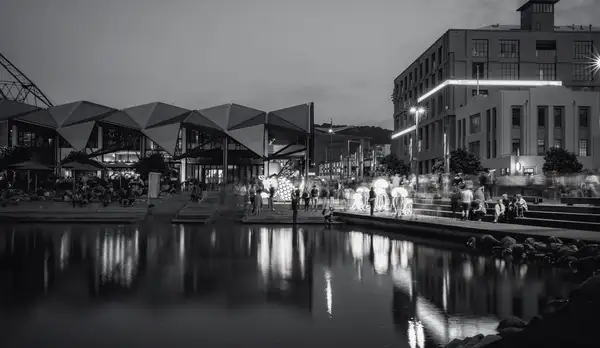 In 2021, Wellington City Council voted to adopt a new procurement strategy.
In 2021, Wellington City Council voted to adopt a new procurement strategy.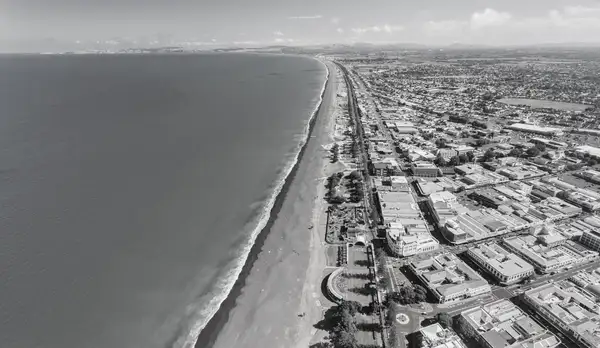 In 2020, the Hawke's Bay Regional Council introduced a progressive procurement strategy.
In 2020, the Hawke's Bay Regional Council introduced a progressive procurement strategy.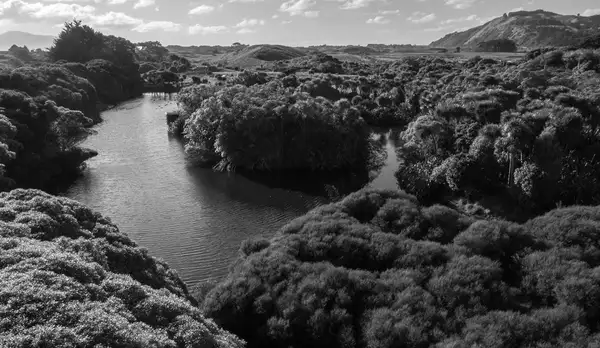 Whaitua committees are tasked with recommending ways to maintain and improve the quality of Wellington's fresh water.
Whaitua committees are tasked with recommending ways to maintain and improve the quality of Wellington's fresh water.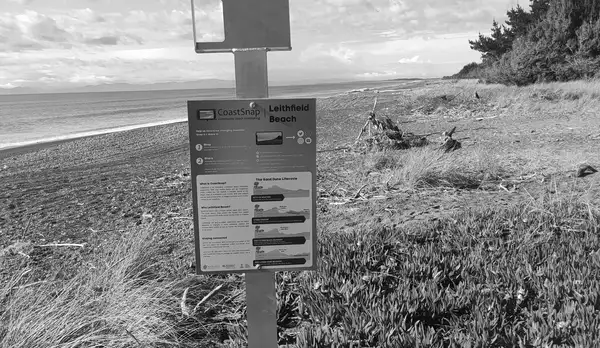 CoastSnap is a community science monitoring project being delivered by Hurunui District Council.
CoastSnap is a community science monitoring project being delivered by Hurunui District Council.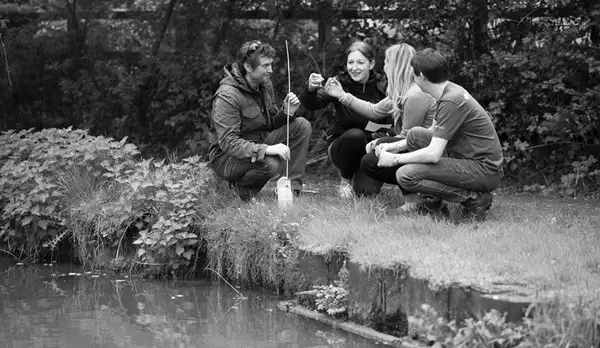 Over 2,500 volunteers from around Britain measured their local water quality as part of the ‘Great UK WaterBlitz’.
Over 2,500 volunteers from around Britain measured their local water quality as part of the ‘Great UK WaterBlitz’.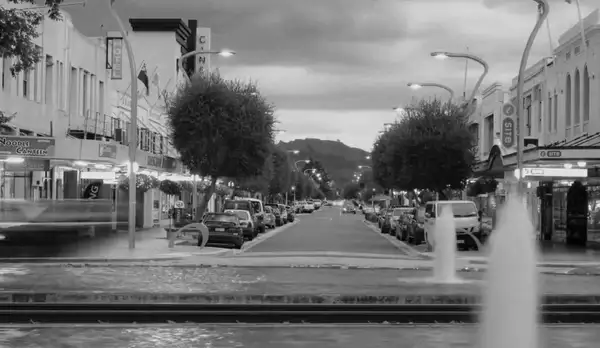 The Hastings Rural Community Board is an important governance body within the Hastings District Council.
The Hastings Rural Community Board is an important governance body within the Hastings District Council.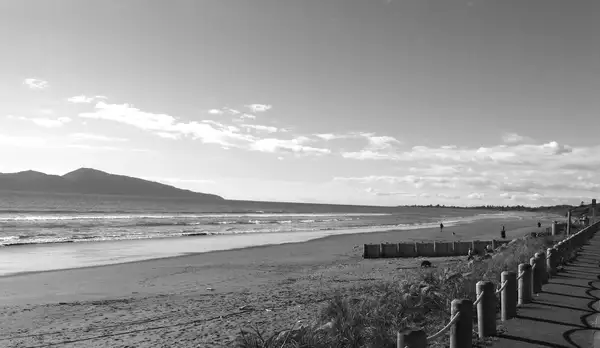 The Paekākāriki Community Board was praised for the role it plays as a vehicle for community voice and locally-led development.
The Paekākāriki Community Board was praised for the role it plays as a vehicle for community voice and locally-led development.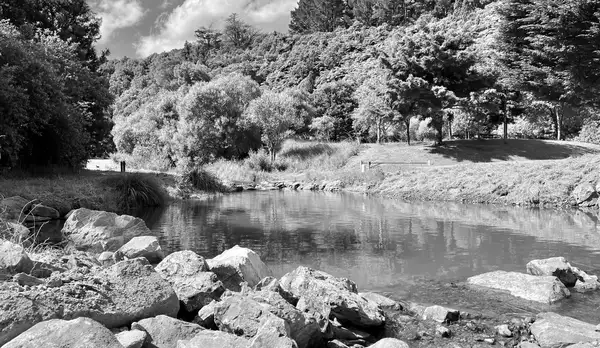 Greater Wellington Regional Council operates a number of advisory committees.
Greater Wellington Regional Council operates a number of advisory committees.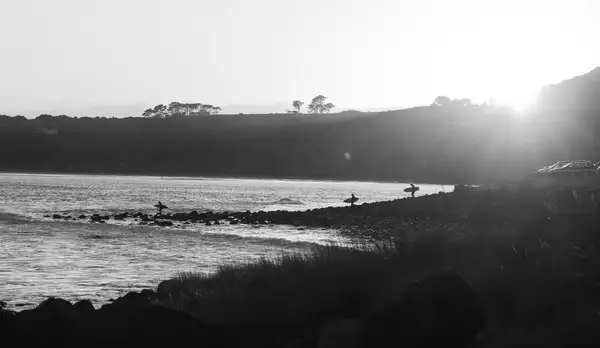 The Advisory Committee for the Regional Environment is the longest-serving advisory committee to the Waikato Regional Council.
The Advisory Committee for the Regional Environment is the longest-serving advisory committee to the Waikato Regional Council.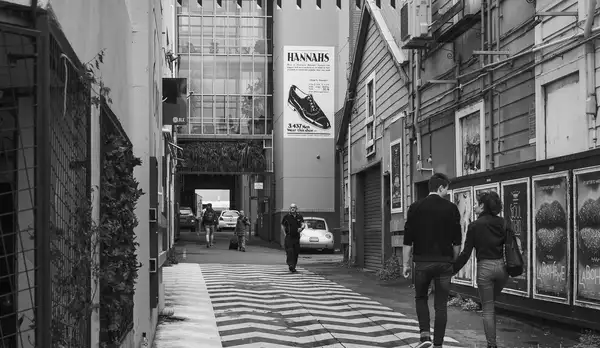 Wellington City Council operates five advisory groups.
Wellington City Council operates five advisory groups.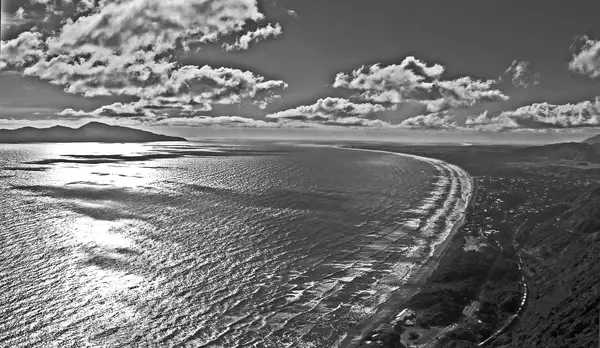 The Older Person’s Council is an independent voice for older people in the community.
The Older Person’s Council is an independent voice for older people in the community.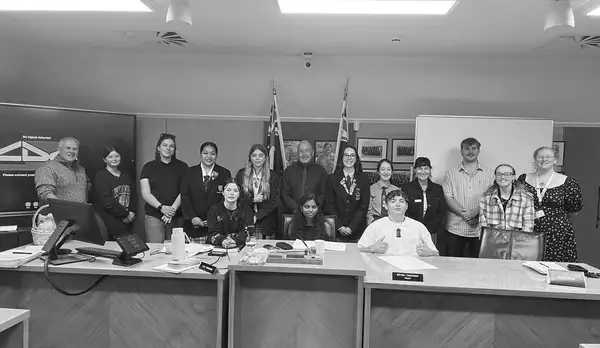 The Clutha Youth Council is a standing committee of the full Council.
The Clutha Youth Council is a standing committee of the full Council.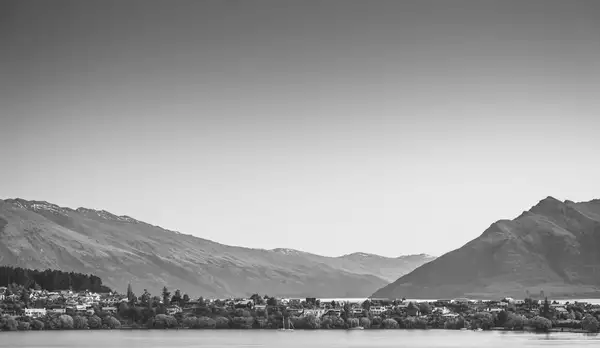 In developing the Queenstown Lakes Spatial Plan, a district-wide community workshop roadshow was held.
In developing the Queenstown Lakes Spatial Plan, a district-wide community workshop roadshow was held.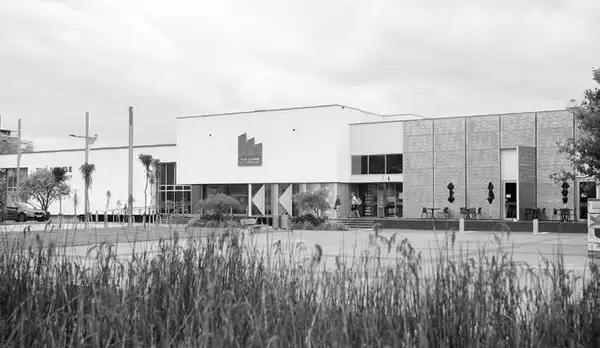 Hutt City Council operates a citizens’ panel to help guide and inform the evolution of Hutt City on a wide variety of topics.
Hutt City Council operates a citizens’ panel to help guide and inform the evolution of Hutt City on a wide variety of topics.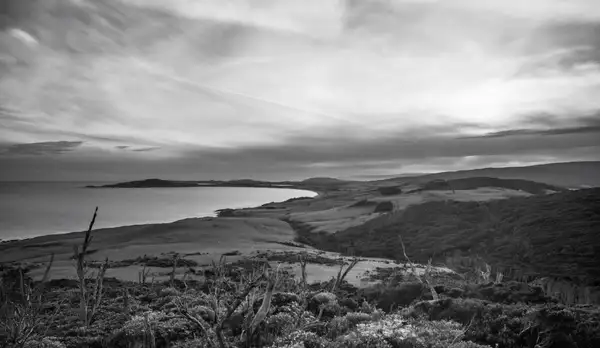 Southland District Council offers a way for residents to have a regular say in topics that affect them.
Southland District Council offers a way for residents to have a regular say in topics that affect them.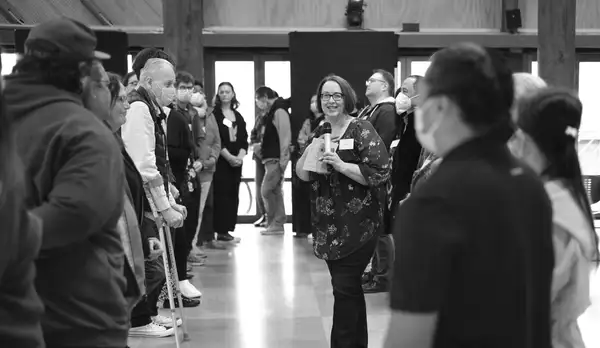 Koi Tūwere awarded a grant to develop and test an Aotearoa New Zealand deliberative democratic model.
Koi Tūwere awarded a grant to develop and test an Aotearoa New Zealand deliberative democratic model.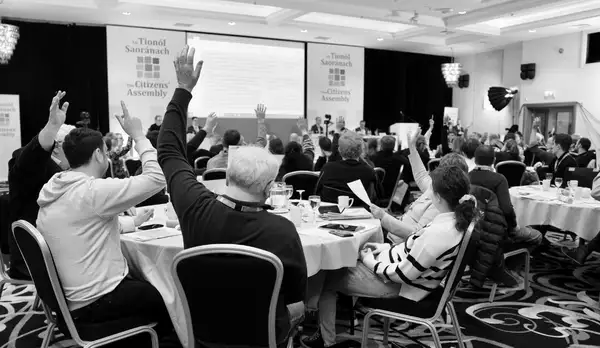 The Dublin Citizens’ Assembly looked at the type of directly-elected mayor and local government structures best suited for Dublin.
The Dublin Citizens’ Assembly looked at the type of directly-elected mayor and local government structures best suited for Dublin. A citizens' jury process was used in 2012 by the Centre for Public Involvement at the University of Alberta.
A citizens' jury process was used in 2012 by the Centre for Public Involvement at the University of Alberta. Taupō District Council works alongside Sport Waikato, Bike Taupō, and cycling clubs to promote and encourage cycling.
Taupō District Council works alongside Sport Waikato, Bike Taupō, and cycling clubs to promote and encourage cycling.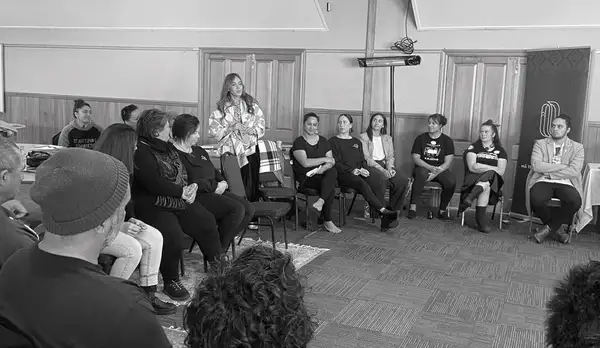 Waikato Regional Council transferred a number of its water quality monitoring functions to the Tūwharetoa Māori Trust Board.
Waikato Regional Council transferred a number of its water quality monitoring functions to the Tūwharetoa Māori Trust Board.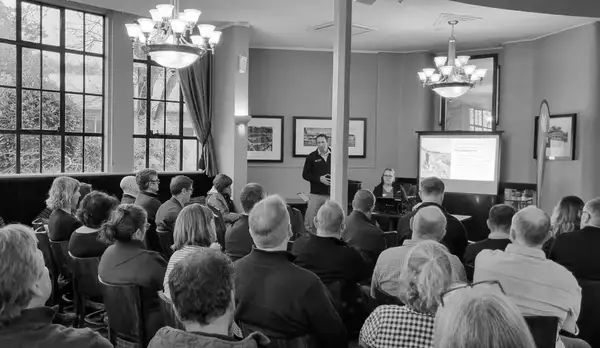 The Marlborough District Council launched the Catchment Care Programme in 2020.
The Marlborough District Council launched the Catchment Care Programme in 2020.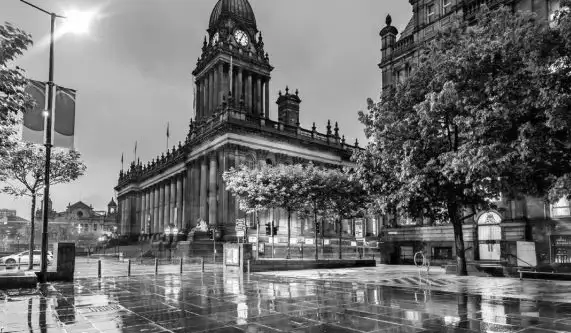 Over a decade ago the British parliament passed a law that enabled communities in England to buy back underused public assets.
Over a decade ago the British parliament passed a law that enabled communities in England to buy back underused public assets.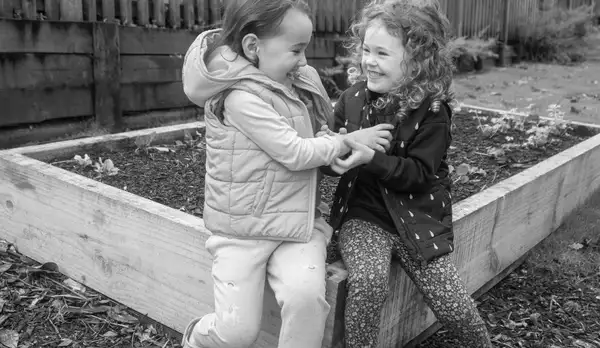 The School Sustainability and Resilience Fund makes small grants to schools across the Bay of Plenty.
The School Sustainability and Resilience Fund makes small grants to schools across the Bay of Plenty.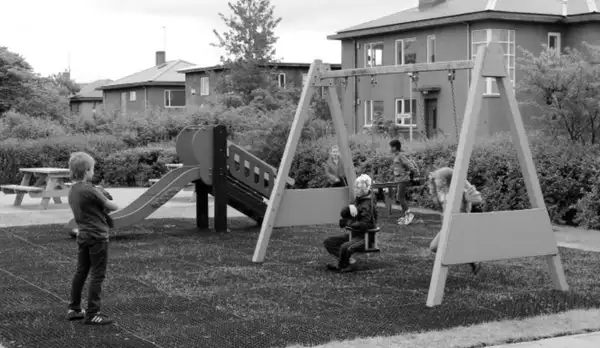 In the wake of the 2008 financial crisis in Iceland, Icelanders’ political trust was at an all-time low.
In the wake of the 2008 financial crisis in Iceland, Icelanders’ political trust was at an all-time low.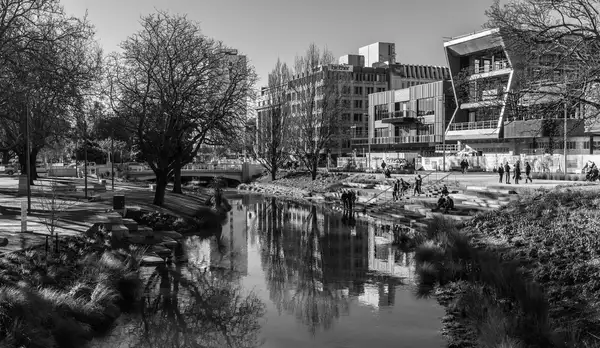 Christchurch City Council ran the ‘What Matters Most’ campaign to find out residents’ priorities were.
Christchurch City Council ran the ‘What Matters Most’ campaign to find out residents’ priorities were.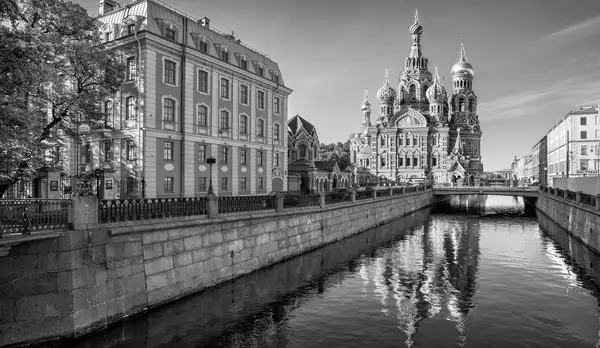 Saint Petersburg is the second-largest metropolis in Russia. It started using participatory budgeting in 2016.
Saint Petersburg is the second-largest metropolis in Russia. It started using participatory budgeting in 2016.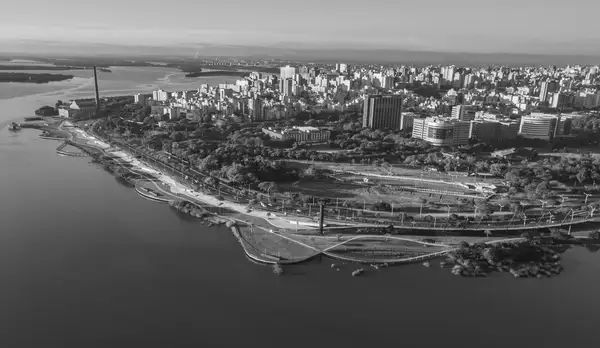 Participatory budgeting was made famous by the city of Porto Alegre in Brazil.
Participatory budgeting was made famous by the city of Porto Alegre in Brazil.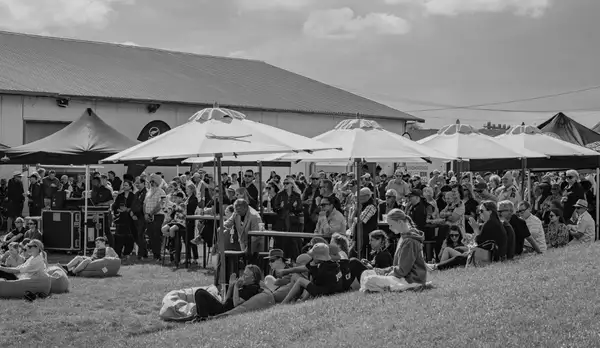 Hastings District Council describes community planning as “the voice of a community”.
Hastings District Council describes community planning as “the voice of a community”.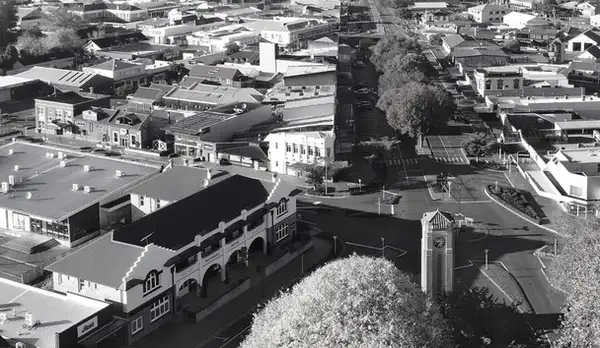 Waipā District Council is engaged in developing a spatial plan for its community.
Waipā District Council is engaged in developing a spatial plan for its community. Community Planning Partnerships is the name given to all the services that come together to take part in community planning.
Community Planning Partnerships is the name given to all the services that come together to take part in community planning.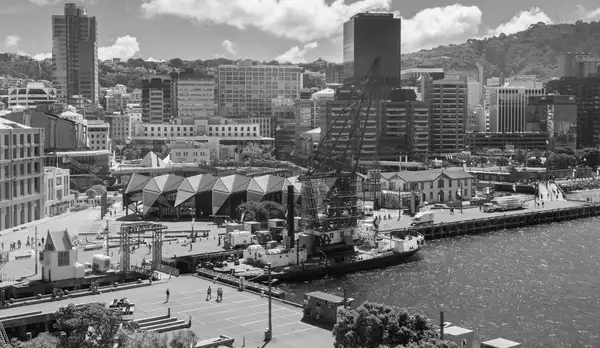 Wellington City Council runs a BID programme with around 613 businesses involved in six BIDs.
Wellington City Council runs a BID programme with around 613 businesses involved in six BIDs. The 125th Street BID in Harlem, New York, has a vision to become a multi-dimensional destination.
The 125th Street BID in Harlem, New York, has a vision to become a multi-dimensional destination.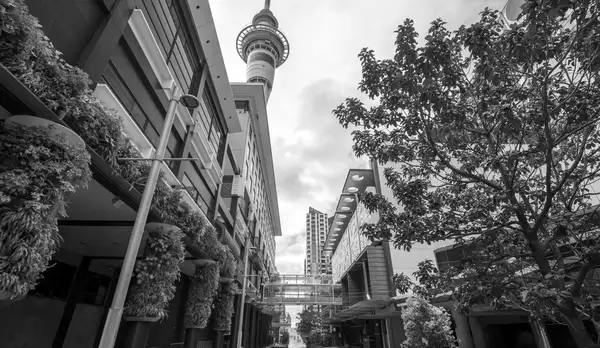 Auckland currently has 51 BIDs, representing over 25,000 business and property owners.
Auckland currently has 51 BIDs, representing over 25,000 business and property owners.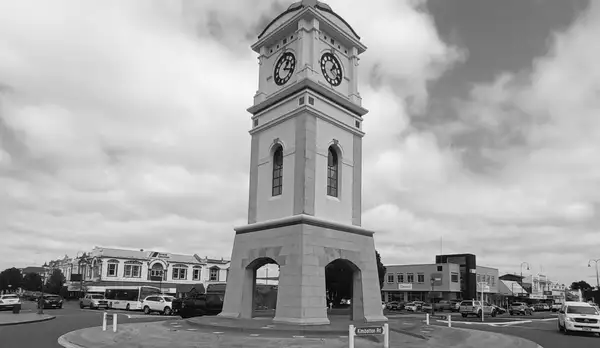 The Manawatū District Council’s community committee structure has been in place since 1990.
The Manawatū District Council’s community committee structure has been in place since 1990. Portland is home to 95 formally recognised, independent neighbourhood associations, covering the entire city.
Portland is home to 95 formally recognised, independent neighbourhood associations, covering the entire city.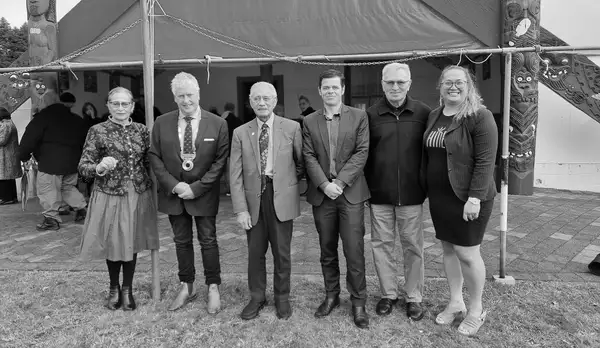 Taupō District Council and Ngāti Tūrangitukua established an historic agreement in 2022 to jointly govern Tūrangi.
Taupō District Council and Ngāti Tūrangitukua established an historic agreement in 2022 to jointly govern Tūrangi.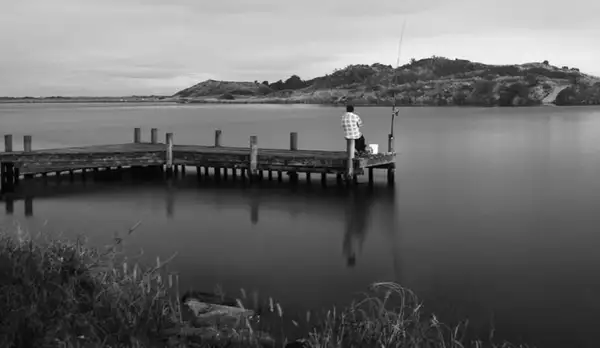 The Rangitāiki River Forum was established in 2012.
The Rangitāiki River Forum was established in 2012.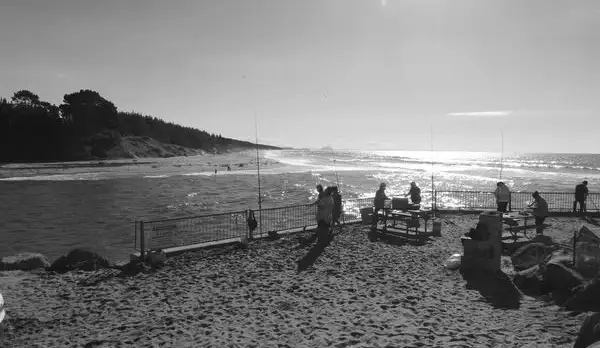 Te Maru o Kaituna River Authority is a co-governance partnership, set up by the Tapuika Claims Settlement Act 2014.
Te Maru o Kaituna River Authority is a co-governance partnership, set up by the Tapuika Claims Settlement Act 2014.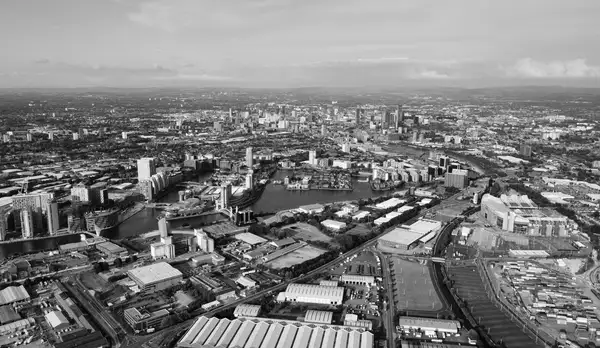 Salford City Council has a policy of involving local people in decisions about the city.
Salford City Council has a policy of involving local people in decisions about the city. For a number of years, the London Borough of Haringey has allocated £50,000 to each of its seven neighbourhoods.
For a number of years, the London Borough of Haringey has allocated £50,000 to each of its seven neighbourhoods.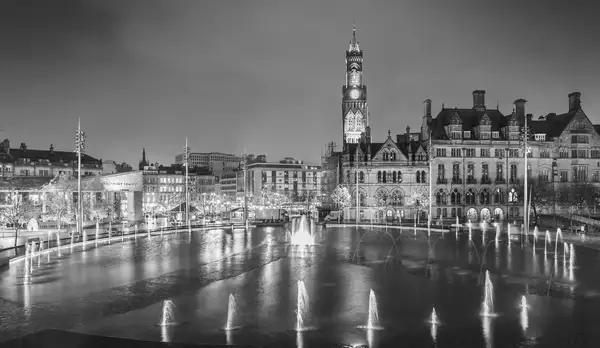 Bradford has been experimenting with devolving funds to localities since 2005.
Bradford has been experimenting with devolving funds to localities since 2005.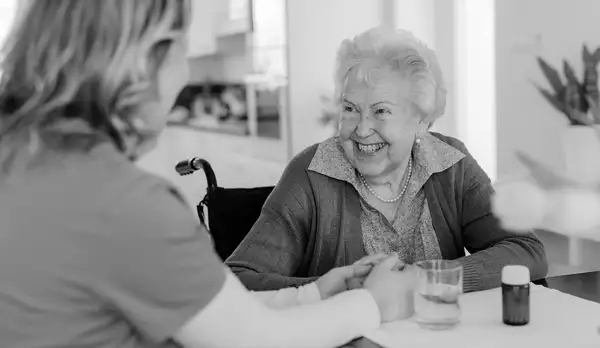 Prior to 2014, day care services for older people in Waltham Forest had largely been commissioned by the council.
Prior to 2014, day care services for older people in Waltham Forest had largely been commissioned by the council.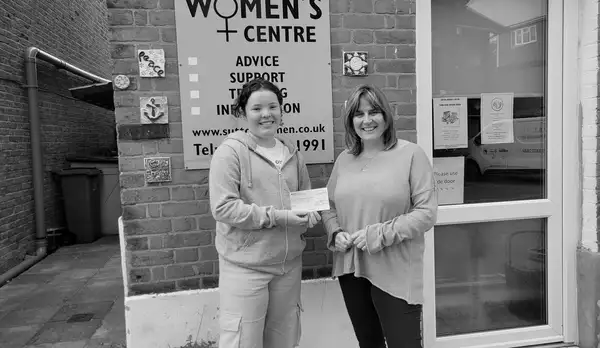 In 2011, Sutton Council embedded a council-wide approach to commissioning for outcomes and to measuring social impact.
In 2011, Sutton Council embedded a council-wide approach to commissioning for outcomes and to measuring social impact. Two general practices in the Bay of Plenty sought to understand the experiences of Māori and Pacific people with diabetes.
Two general practices in the Bay of Plenty sought to understand the experiences of Māori and Pacific people with diabetes.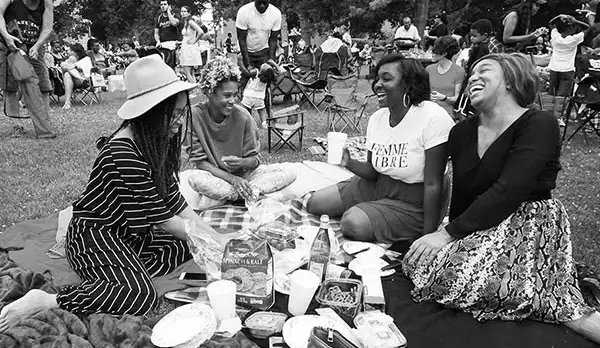 Since 2005, anchor institutions in the university district of Ohio worked together to address effects of the city’s economic down.
Since 2005, anchor institutions in the university district of Ohio worked together to address effects of the city’s economic down. The Southern Initiative (TSI) is a place-based innovation hub, established by Auckland Council.
The Southern Initiative (TSI) is a place-based innovation hub, established by Auckland Council. The Office of Community Wealth Building in the City of Rochester is an example of a local government acting as a convenor.
The Office of Community Wealth Building in the City of Rochester is an example of a local government acting as a convenor.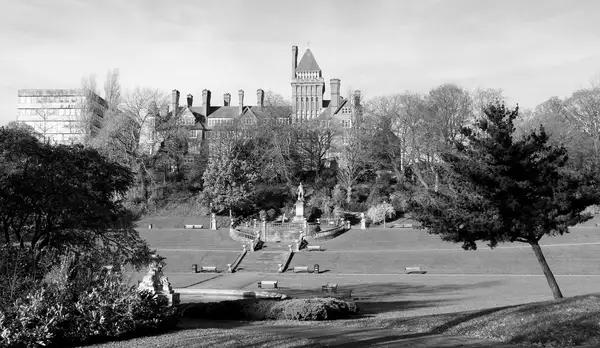 Anchor institutions and local government worked together to leverage their procurement power.
Anchor institutions and local government worked together to leverage their procurement power.